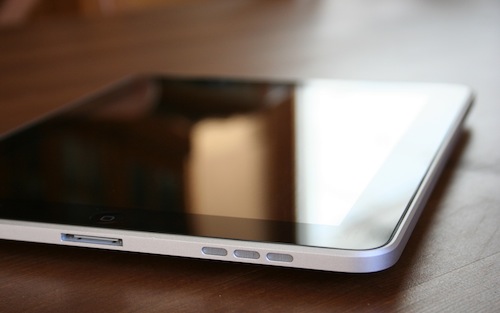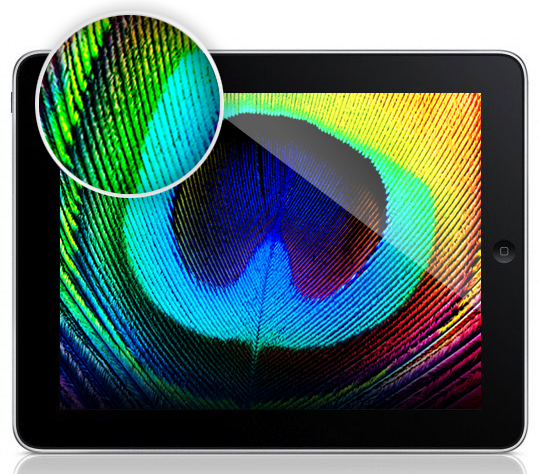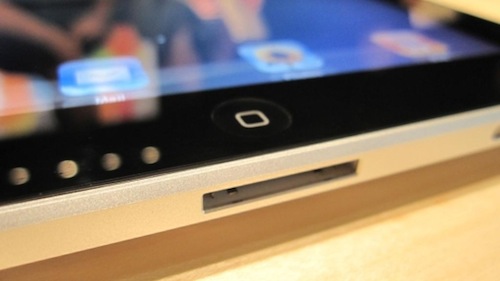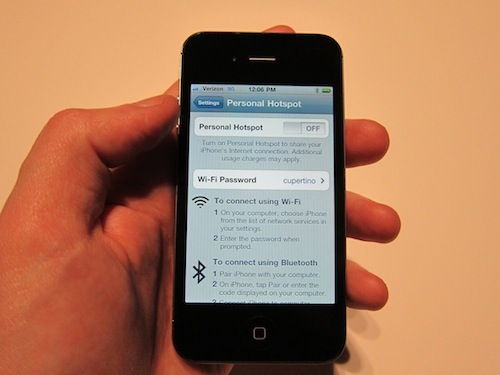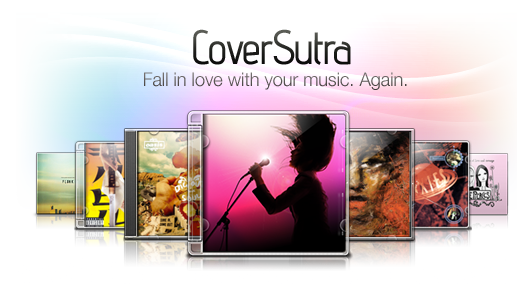In the first beta of iOS 4.3, Apple introduced “multitasking gestures” for iPad: offered as a preview for developers to play with and test compatibility with apps, these 4 and 5-finger multitouch gestures allow users to execute a series of actions otherwise assigned to the Home button. You can switch back and forth between apps, open and close the multitasking tray or pinch back to the homescreens. The gestures need to be activated through Xcode as, again, they are a developer preview of a feature that won’t even be enabled in the public release of iOS 4.3, as Apple let devs know last night.
The presence of gestures that offer some functionalities previously exclusive to the Home button also let the rumor mill run wild, with some bloggers speculating that Apple may get rid of the Home button in the next iterations of the iPad and iPhone. Personally, I think gestures on the iPhone’s tiny screen are a terrible idea – and it gets worse if you have non-average, big hands.
Gestures are a neat new feature for the iPad that provide a glimpse at something Apple is clearly working on: more multi-touch capabilities for iOS devices. These very same gestures, though, gave several developers a hard time trying to figure out how to integrate them with their apps. Read more


